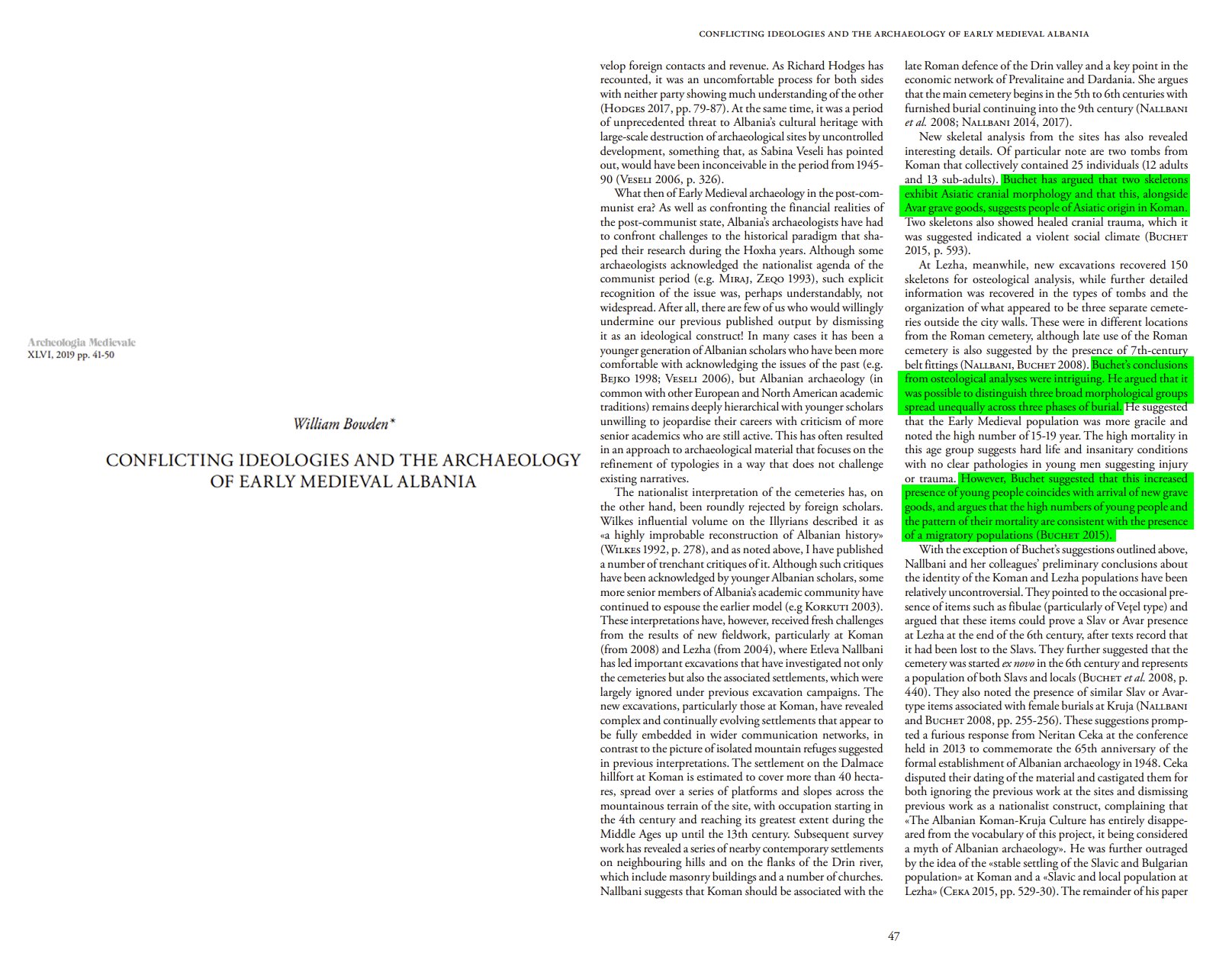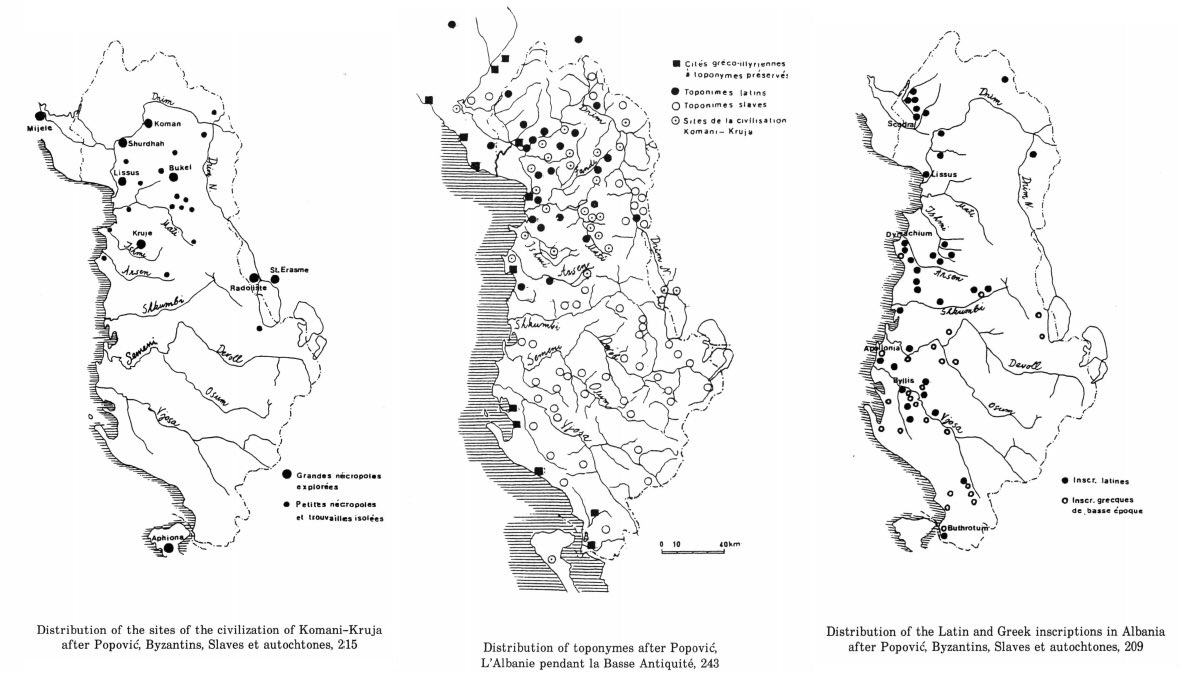None of those are legitimate and are not accepted by linguists like Shumacher, Demiraj, Matzinger, etc. This sound law does not have exceptions. Random posts on witkionary by users with no sources or outdated 20th century sources are a joke.
All these supposed examples of indo european /sk/ not becoming /h/ are fraudulent. They are either loans or are not from the /sk/ cluster by a later compound is+k or something.
Lol, the division for when those sound changes happen is not the Roman Republic. It is post Roman capture of the Balkans, post 167 BC. There were not latin loan words entering Albanian en masse before 167 BC.
Likewise, you have no idea what you are even discussing. You are saying this is a very "ancient change" but this change is not directly from sk -> h, but a sound change that would have happened step by step, but begun very long ago. Because it would have begun long ago, it is impossible that proto-Albanian could have had a toponym "Scodra" at so late a time as in the Roman Empire.
This is why Matzinger reconstructs what form it would have in Albanian if proto-Albanians had been living there before Roman conquest: *Hadër.
An example of IE sk becoming h in Albanian:
Proto-Indo-European. *ǵn̥h₃sḱéti.
↓
Early-Proto-Albanian. *ȷ́nākʰet
↓
Intermediate stage. *ɲɔxit
↓
Proto-Albanian. *ɲœx
↓
Old Alb. njeh
↓
Alb. njeh





